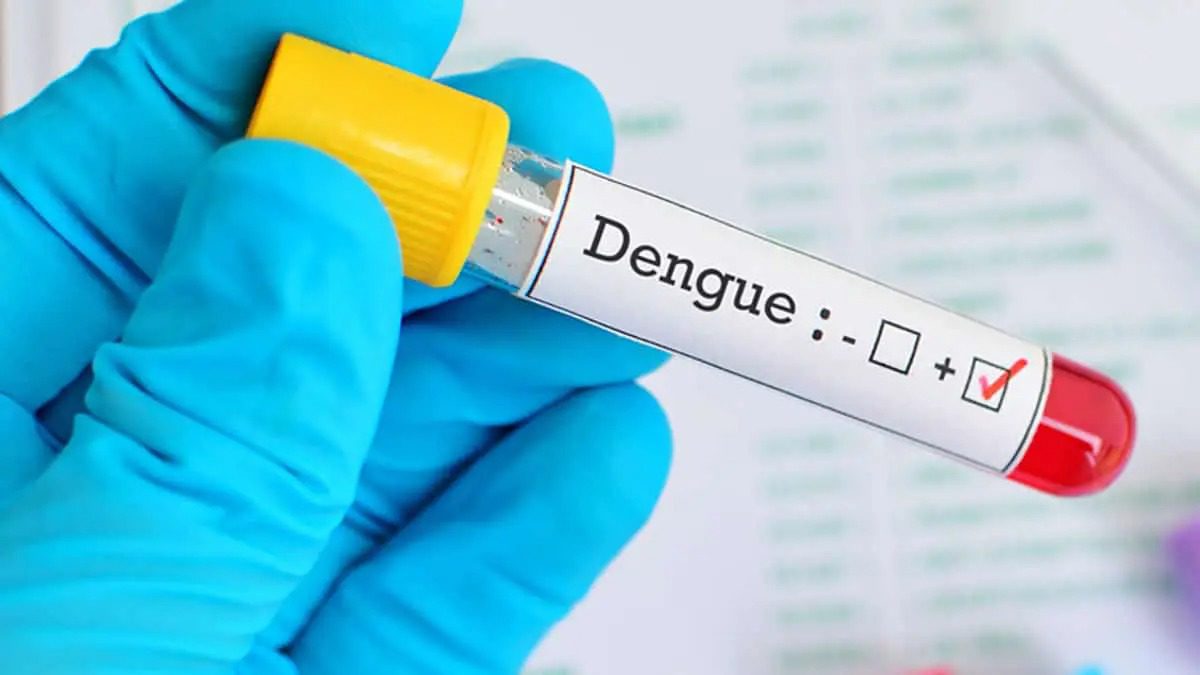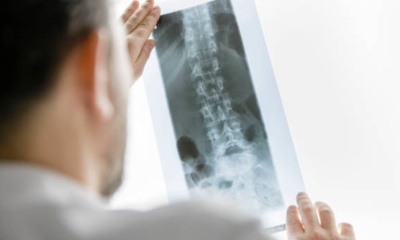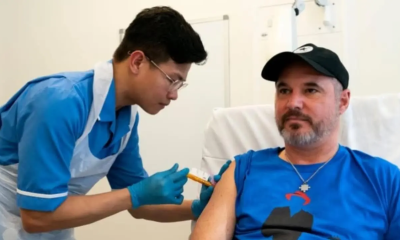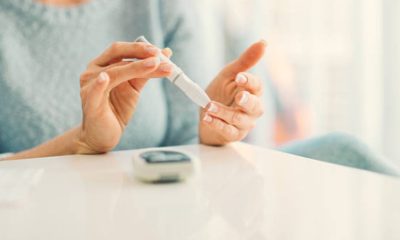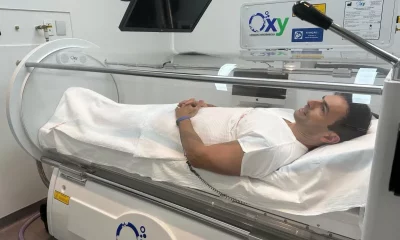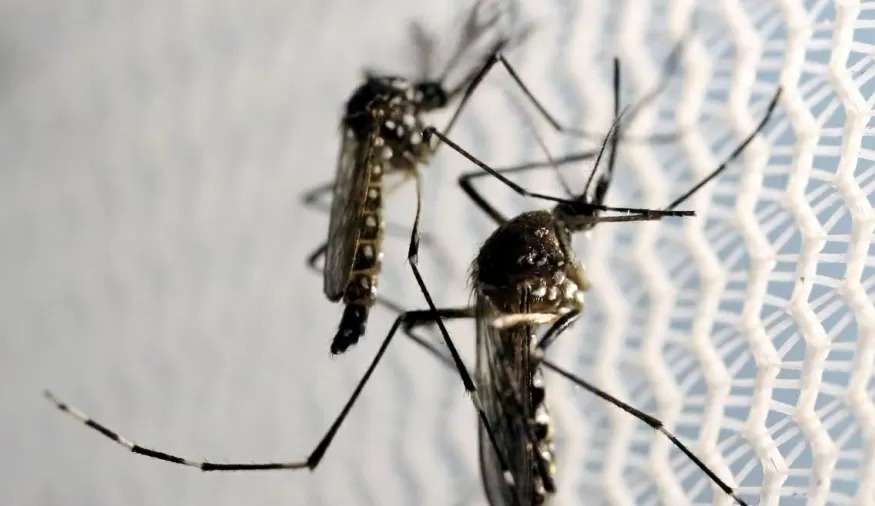
Fiocruz detects four new cases of dengue serotype three and issues alert
Follow Us @
Fiocruz detects four new cases of dengue serotype three and issues alert
A study carried out by the Oswaldo Cruz Foundation (Fiocruz), coordinated by Fiocruz Amazônia and also by the Oswaldo Cruz Institute (IOC/Fiocruz), released this Wednesday (10), reveals that four cases of the infection were registered this year, and in three cases were registered in Roraima, located in the North region, and one in Paraná, located in the South of the country.
Virologist Felipe Naveca, head of the Emerging, Reemerging and Neglected Virus Surveillance Nucleus at Fiocruz Amazônia and researcher at the Laboratory of Arboviruses and Hemorrhagic Viruses at IOC/Fiocruz, informed that in the study that was carried out, the genetic characterization of cases of infection by dengue virus serotype 3.
“It is an indication that we may have epidemics caused by this serotype again, perhaps not now, but in the coming months or years”.
Fiocruz detects four new cases of dengue serotype three and issues alert (Photo: Reproduction/Social media)
Dengue symptoms can appear from the third day after the insect bite, with an average of five to six days. According to Fiocruz, the disease is transmitted by the female Aedes aegypti mosquito (when infected by the virus) and can also cause both the classic manifestation and the form considered hemorrhagic.
The main symptoms are high fever above 39°C, pain in the body and joints, pain behind the eyes, lack of appetite, headache, red spots on the body and progressive increase in hematocrit (a measure of the proportion of red blood cells in the blood). .
The most serious symptoms of the disease, which is known as dengue hemorrhagic fever, have similar initial symptoms, but there is a worsening of the condition on the third or fourth day of evolution, with the appearance of hemorrhagic manifestations and circulatory collapse.
Fiocruz changed that in severe cases, shock usually occurs between the third and seventh day of illness, usually preceded by abdominal pain. Shock results from increased vascular permeability, followed by hemoconcentration and circulatory failure. Some patients may also have neurological manifestations, such as seizures and irritability.
Featured Photo: Aedes aegypti mosquito, vector of the dengue virus (Photo: Reproduction/Reuters/Paulo Whitaker)
Fiocruz detects four new cases of dengue serotype three and issues alert
Follow AFRILATEST on Google News and receive alerts for the main news about celebrities, soap operas, series, entertainment and more!
SHARE POST AND EARN REWARDS:
Join our Audience reward campaign and make money reading articles, shares, likes and comment >> Join reward Program
FIRST TIME REACTIONS:
Be the first to leave us a comment, down the comment section. click allow to follow this topic and get firsthand daily updates.
JOIN US ON OUR SOCIAL MEDIA: << FACEBOOK >> | << WHATSAPP >> | << TELEGRAM >> | << TWITTER >
#Fiocruz #detects #cases #dengue #serotype #issues #alert
-
News2 months ago
Harry decides to appeal after loss of police protection in the UK
-
Good News TV series2 months ago
Preta Gil is the new presenter of TVZ on Multishow
-
Good News TV series2 months ago
Justin Bieber and Hailey go to church using a powerful car
-
Good News TV series2 months ago
Fuzuê: Pascoal is sentenced to more than 70 years in prison
-
Health and Fitness2 months ago
Hyperbaric Oxygenation accelerates recovery from knee injuries, according to USP study
-
Culture3 months ago
the Sub4 Turismo package that we recommend and we go (on the 42 km)
-
News3 months ago
Viradouro wins the Rio de Janeiro Carnival title in 2024 now news
-
Health and Fitness3 months ago
See tips for getting pregnant after age 40











